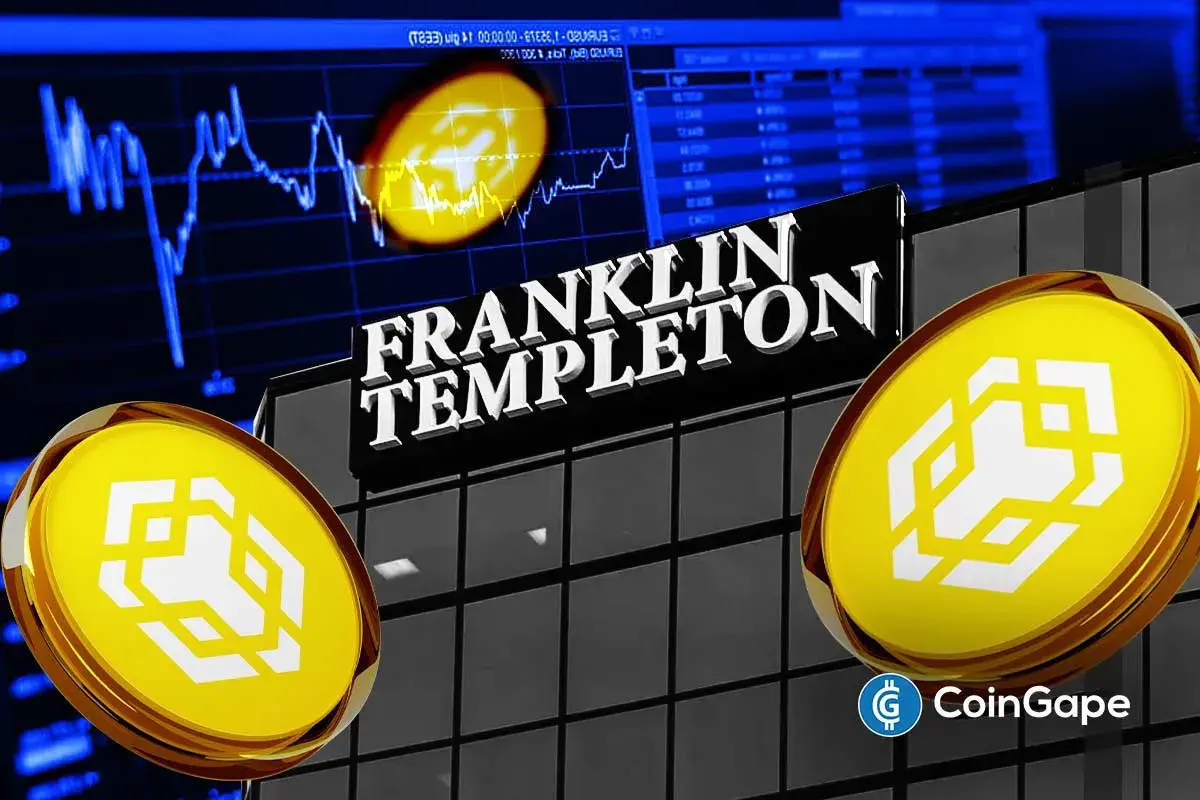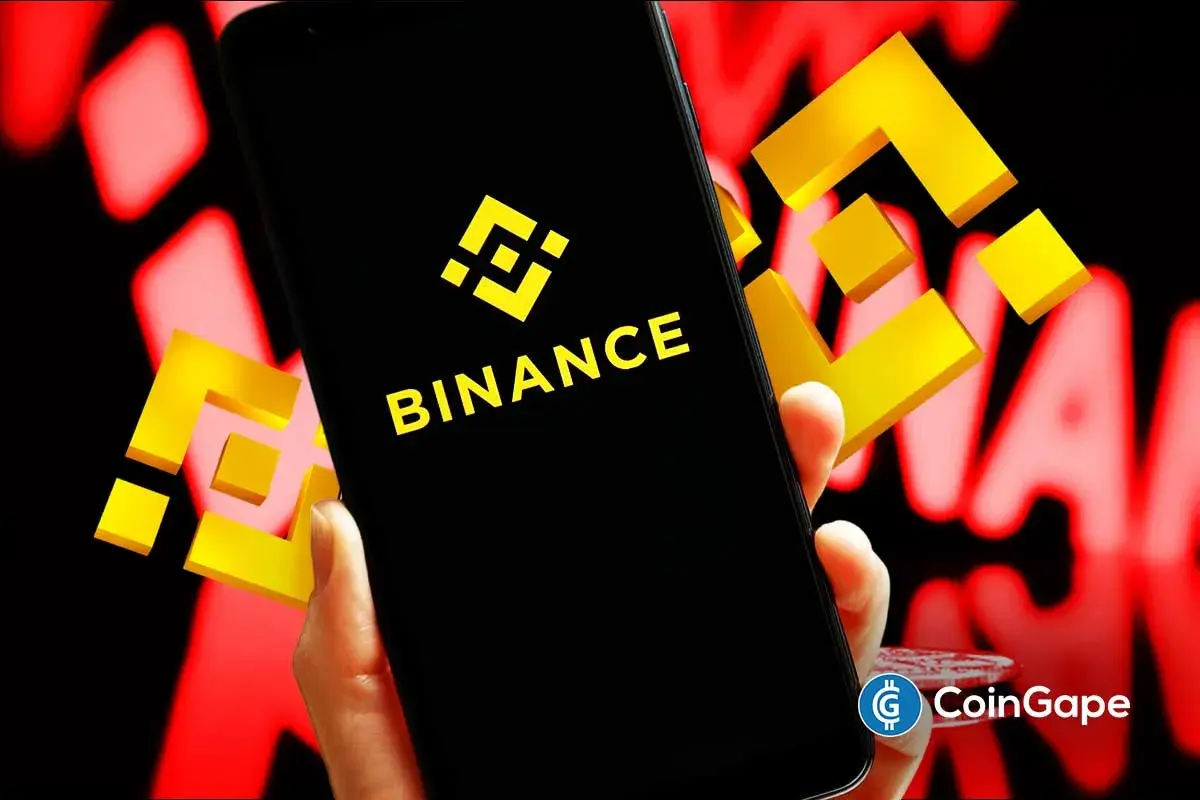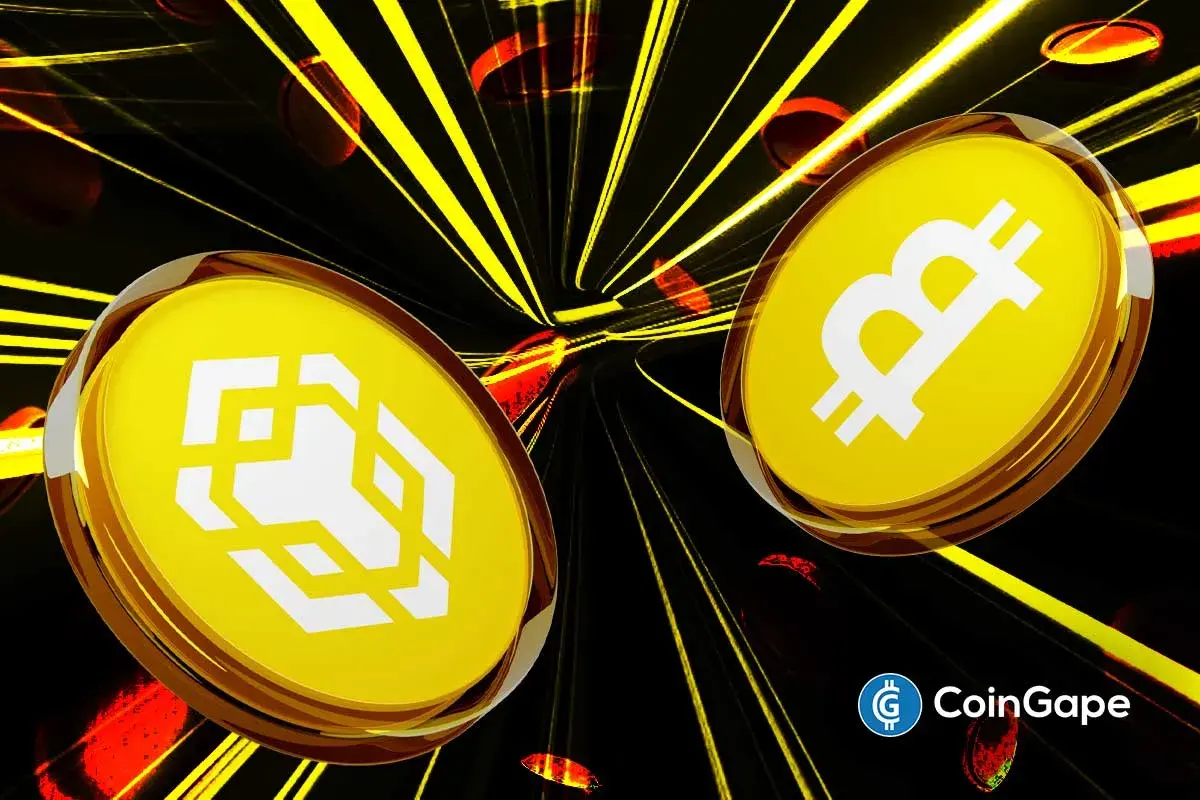Breaking: French Regulators Investigate Binance Over Alleged Money Laundering Concerns

Highlights
- French authorities have launched a fresh investigation into Binance over alleged anti-money laundering (AML) violations.
- The probe is part of France’s broader effort to tighten compliance checks on more than 100 registered crypto firms.
- The ACPR emphasized that companies failing to meet standards could face penalties or lose EU authorization.
French authorities have launched an investigation into Binance amid growing concerns over anti-money laundering compliance. The move comes as Europe tightens its stance on crypto regulation.
France Expands Anti-Money Laundering Checks
According to Bloomberg, France’s regulators are conducting wide-ranging checks on digital asset exchanges as part of efforts to determine which of the 100-plus registered crypto firms will qualify for full EU authorization. The country’s prudential supervision and resolution authority has ramped up its controls on dozens of crypto platforms.
Among the firms being examined are Binance and Paris-based Coinhouse. During a 2024 inspection, the ACPR reportedly instructed Binance to strengthen its risk management and compliance systems.
“Periodic onsite inspections are a standard part of regulated supervision,” the company said in a statement, emphasizing that it continues to cooperate fully with French authorities.
The scrutiny of the exchange follows earlier developments in January. French prosecutors opened an investigation into Binance on allegations of money laundering, tax fraud, and potential involvement in illegal financial activities. The investigation adds to the exchange’s ongoing problems, which include lawsuits and regulatory inquiries in several countries.
French Authorities Clamp Down On Crypto Activities
The new investigations will determine whether companies comply with France’s PSAN rules. These rules include strict standards against money laundering and financing terrorism. Regulators are looking at how platforms monitor for suspicious activity, protect customer funds, and establish internal reporting systems.
When improvements are needed, businesses are usually given several months to take action. The French market regulator receives the ACPR’s findings and has the authority to penalize or refuse noncompliant companies’ MiCA licensing.
France has set a June 2026 deadline for all crypto platforms, including Binance, to obtain the MiCA license. This would allow them to operate across the EU. So far, only a handful of companies, including Deblock, GOin, Bitstack, and Credit Agricole’s CACEIS, have received approval.
This move on Binance follows a lawsuit by Nigerian authorities on the exchange earlier in the year. They filed for a massive $79.5 billion settlement, accusing the exchange of causing economic losses and evading tax obligations.
The lawsuit also claims the exchange violated foreign exchange laws and contributed to instability in the local naira currency. Nigeria’s tax agency, the Federal Inland Revenue Service (FIRS), argued that the exchange failed to register for corporate income tax despite maintaining a “significant economic presence” in the country.
France’s latest actions come amid growing tension among EU member states over how to enforce the bloc’s crypto rules uniformly. France, Italy, and Austria recently urged the European Securities and Markets Authority (ESMA) to take a more direct supervisory role over large crypto companies to ensure consistent compliance standards.
- XRP News: Ripple Partner SBI Reveals On-Chain Bonds That Pay Investors in XRP
- BitMine Ethereum Purchase: Tom Lee Doubles Down on ETH With $34.7M Fresh Buy
- BlackRock Buys $65M in Bitcoin as U.S. Crypto Bill Odds Passage Surge
- Bitcoin Sell-Off Ahead? Garett Jin Moves $760M BTC to Binance Amid Trump’s New Tariffs
- CLARITY Act: Trump’s Crypto Adviser Says Stablecoin Yield Deal Is “Close” as March 1 Deadline Looms
- Ethereum Price Rises After SCOTUS Ruling: Here’s Why a Drop to $1,500 is Possible
- Will Pi Network Price See a Surge After the Mainnet Launch Anniversary?
- Bitcoin and XRP Price Prediction As White House Sets March 1st Deadline to Advance Clarity Act
- Top 3 Price Predictions Feb 2026 for Solana, Bitcoin, Pi Network as Odds of Trump Attacking Iran Rise
- Cardano Price Prediction Feb 2026 as Coinbase Accepts ADA as Loan Collateral
- Ripple Prediction: Will Arizona XRP Reserve Boost Price?















